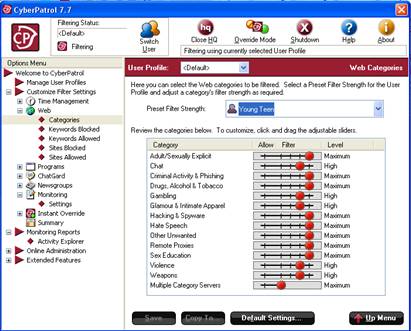While reading the “Inside Echelon” article, I was amazed how powerful and influential the intelligence security agencies have been. One of the global surveillance systems is Echelon which is quite old (over 50 years old) and utilized by the US National Security Agency (NSA) to intercept the national and international communications transiting through communications satellites.
 Image by Sailor Coruscant
Image by Sailor Coruscant
By emergence of automated computer systems, intelligence agencies used “key words” and “topic analysis” to filter redundant and access the desired information through networks. Data acquired by the Echelon network is used by the US and its allies for diplomatic, military and commercial purposes. Perhaps after the cold war period, it’s been mainly used for commercial and economic functions.
These kinds of intelligence agencies are able to collect and preserve vast volumes of information and communication data. Verbal and non-verbal traffic can be monitored by on-line processing systems; even automatic systems might be able to recognize the content of phone calls or the speaker’s identity. Furthermore, they are capable of interfering targeted computers by employment of information stealing viruses and wide variety of snooping software or hardware.
Accessing and processing the top secret information and telecommunications of countries governments are always the target of these sorts of agencies. A recently revealed example of designing a malware to access and extract confidential industrial and military information is Stuxnet worm targeted high-value assets in Iran.
From the BBC report, researchers believe that Stuxnet cannot be written by some hackers while could only have been designed by a nation state since the project seems to be very well-planned and well-funded. It has vast amount of code to affect the real-world infrastructure. Some experts speculate that this malware is going to disrupt some nuclear power plants or uranium enrichment plants there. It has been detected in June and its source is still unclear.
I suppose surveillance systems like Echelon is developing under “information warfare” circumstances. Since lots of clandestine communications is taken place through computer systems, designing spyware to retrieve information can be taken into consideration by intelligence agencies.
Read Full Post »

